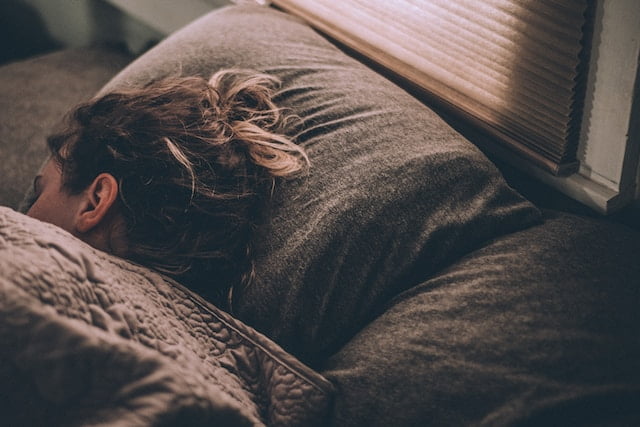Are you lying awake at night, unable to fall asleep? You’re not alone. In today’s high-pressure world—amplified by the ongoing pandemic, divisive politics, and environmental stressors like wildfires—many are experiencing insomnia. Understand that this sleep disorder is often a normal stress response. However, there are actionable sleep tips and coping strategies you can implement for better mental health and quality sleep.
Maintaining a Sleep Schedule for Quality Sleep
One of the first things disrupted during stressful times is a consistent sleep schedule. Your body’s circadian rhythm craves this consistency. Adhering to regular bed and wake-up times can significantly improve your sleep hygiene.
Tip: Set a bedtime alarm to maintain a consistent sleep schedule.
Caffeine, Alcohol, and Sleep
Caffeine is a known stimulant, and its effects can linger in your system for over six hours. While you might turn to alcohol for relaxation, it can actually impair your sleep quality.
Tip: Cut down on caffeine and alcohol to improve your sleep disorders.
The Importance of Exercise for Sleep and Physical Health
In these challenging times, your usual exercise regime may be disrupted. However, exercise and sleep have a reciprocal relationship; both contribute to physical health and emotional well-being.
Tip: Engage in at-home exercise routines to manage stress and improve sleep quality.
Mindfulness and Emotional Self-Care
Ignoring your feelings won’t make them disappear. Instead, they’ll manifest as stress and anxiety, further contributing to insomnia. Mindfulness and self-care techniques can help you process these emotions.
Tip: Make time for emotional check-ins or journal writing to acknowledge your feelings.
The Screen Time Dilemma
With more people working from home, screen time has increased, potentially exacerbating sleep disorders due to blue light exposure and content-induced anxiety.
Tip: Limit screen time at least an hour before bed for better sleep hygiene.
Relaxation Techniques and Your Bedtime Routine
Many people underestimate the power of a consistent bedtime routine and relaxation techniques. Establishing these can serve as excellent coping strategies for insomnia and stress.
Tip: Incorporate calming activities, such as reading or listening to music, into your bedtime routine.
Avoid Unrealistic Expectations
Searching for “how to fall asleep faster” might yield numerous methods, but remember that changing your habits is a process. Be kind to yourself; sometimes, it takes time to see significant improvements in your quality sleep.
Tip: Choose one area to focus on each week for incremental improvement.
Additional Resources for Managing Stress and Sleep Disorders
- YouTube Body Scan Meditations
- Calm app for sleep stories and soothing sounds
- Relax Melodies app
- Sleep-inducing podcasts
- Tips for coping with stress without alcohol
By incorporating these sleep tips, relaxation techniques, and stress management strategies, you’ll be well on your way to a good night’s sleep, improved mental health, and overall well-being.

